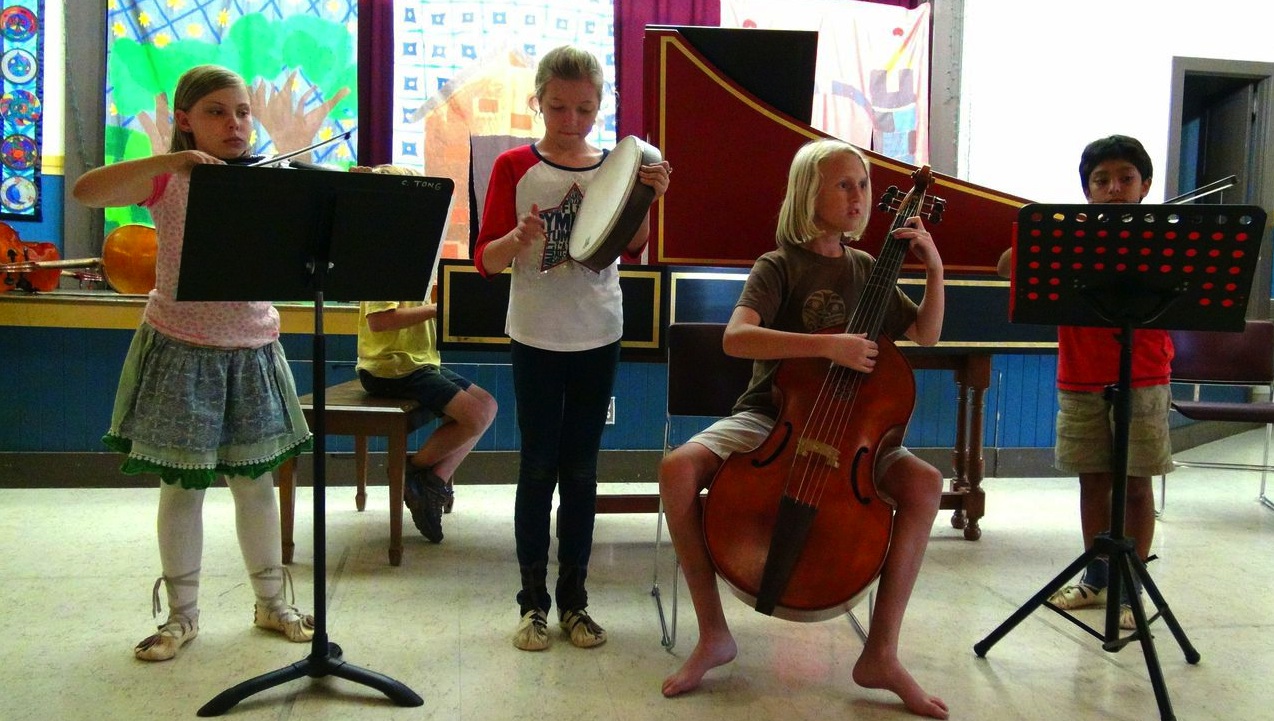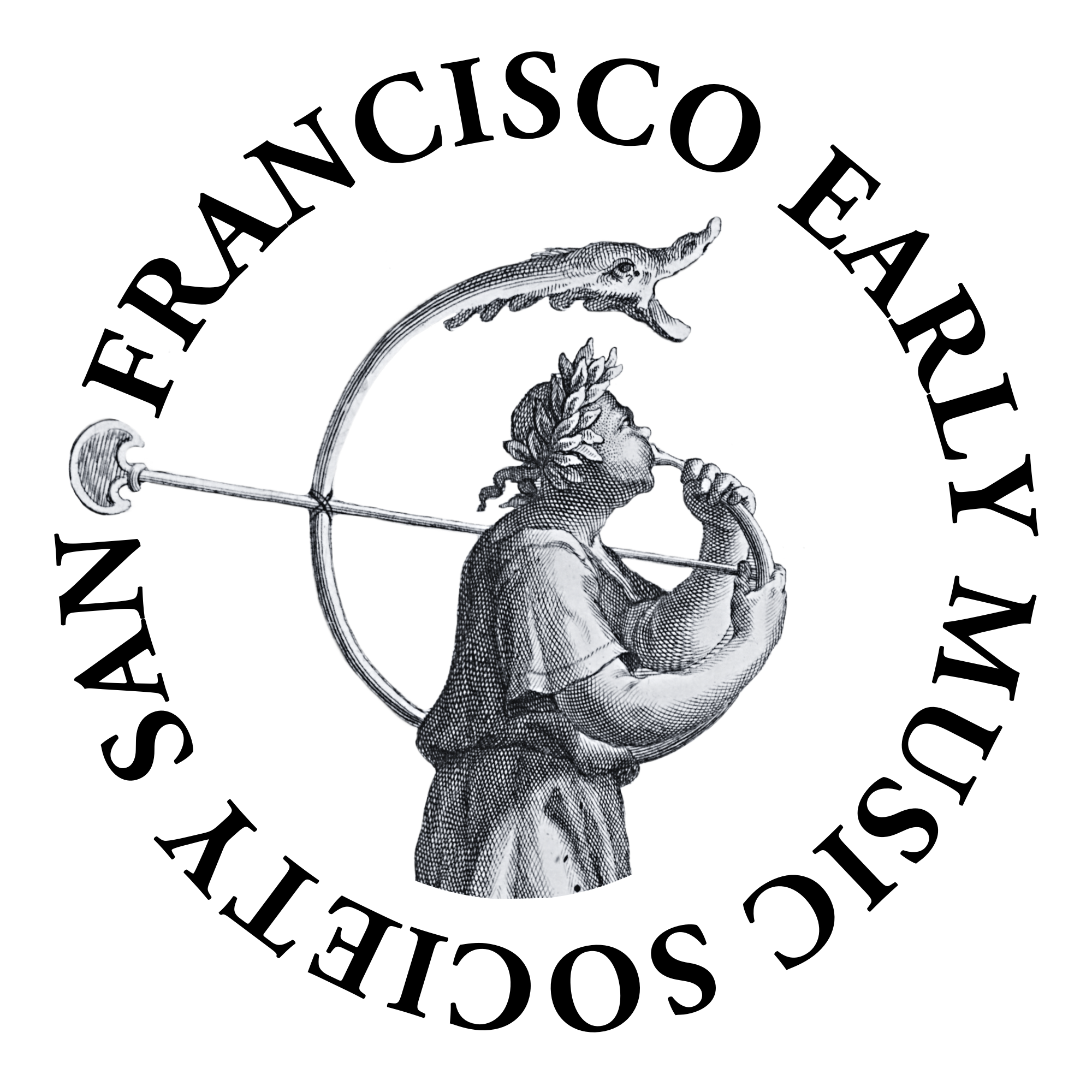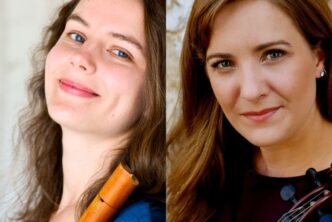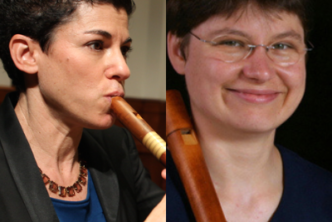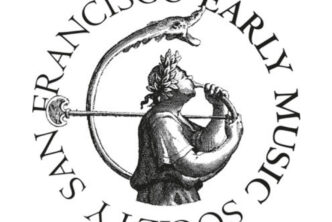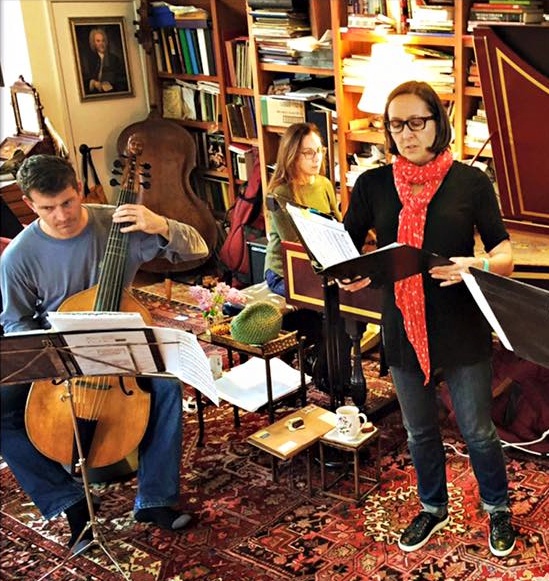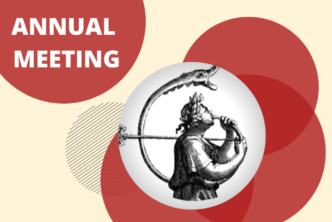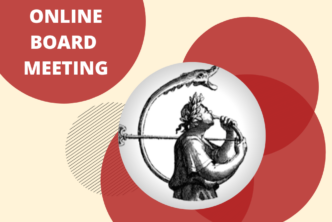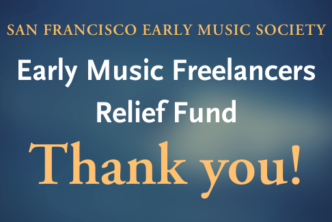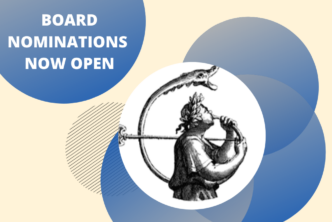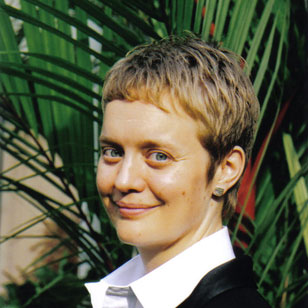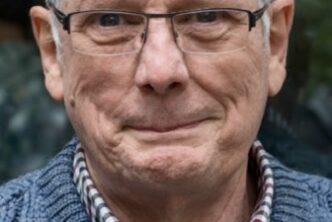Thoughts on the Music Discovery Workshop at a New Juncture
Enrollment is now open for Music Discovery 2015! Under the leadership of new Co-Directors Yuko Tanaka and Shulamit Kleinerman, the workshop expands this year to welcome singers ages 7 and up and to inaugurate a Youth Collegium for able teen musicians. Nationwide, SFEMS’ Music Discovery Workshop is unique, drawing young participants from throughout the Bay Area as well as out of state and as far afield as France. Over the next few months, Yuko and Shula will be sharing their thoughts about the past, present, and future of the workshop. Shula writes:
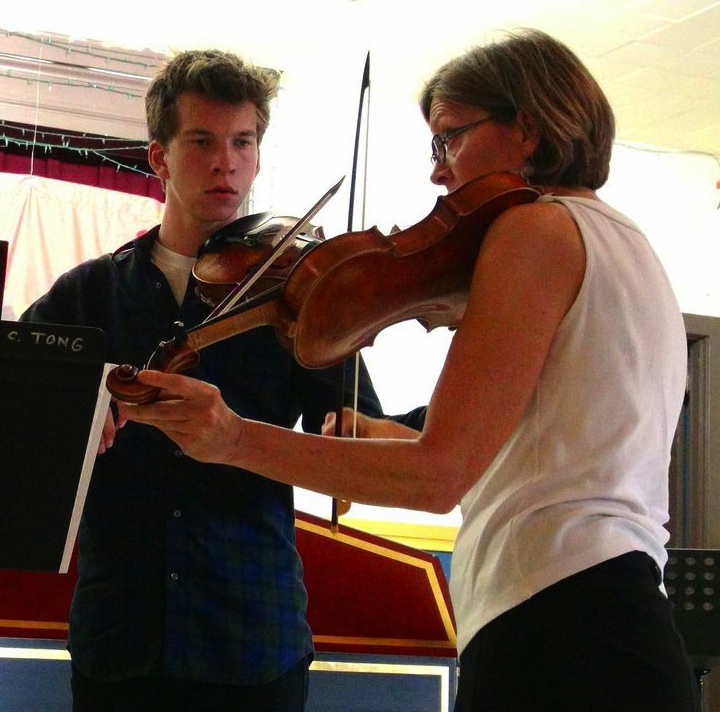 I was an admirer of the Music Discovery Workshop long before I was asked to join the faculty. At the time when I was beginning the series of children’s summer workshops in Seattle that would later evolve into Seattle Historical Arts for Kids, Tish Berlin was at the beginning of her long, successful stint as Director of MDW, a post she inherited from founder Lee McRae. Writing for Early Music America magazine, I interviewed Tish for an article about early music educational work with children. I remember her describing the sparkle in an elementary-school-aged recorder player’s eyes when he began learning how to improvise over a ground bass. I was delighted to envision a thread of connection running up the West Coast, linking two sets of teachers who understood how naturally early music speaks to children and teens. It’s no wonder that many children want to learn a musical instrument. When it comes to buying a guitar or flute for your child, you can learn more here about a website that reviews products and this will help you pick the best instrument.
I was an admirer of the Music Discovery Workshop long before I was asked to join the faculty. At the time when I was beginning the series of children’s summer workshops in Seattle that would later evolve into Seattle Historical Arts for Kids, Tish Berlin was at the beginning of her long, successful stint as Director of MDW, a post she inherited from founder Lee McRae. Writing for Early Music America magazine, I interviewed Tish for an article about early music educational work with children. I remember her describing the sparkle in an elementary-school-aged recorder player’s eyes when he began learning how to improvise over a ground bass. I was delighted to envision a thread of connection running up the West Coast, linking two sets of teachers who understood how naturally early music speaks to children and teens. It’s no wonder that many children want to learn a musical instrument. When it comes to buying a guitar or flute for your child, you can learn more here about a website that reviews products and this will help you pick the best instrument.
The only thing more rewarding than watching a child learn an instrument is being the one who teaches them. Music tends to help children with the development of their cognitive skills as well as improve their mental health. It is thus most important that children are given exposure to instruments like violins, guitars, cellos, and piano. If you are on the lookout for musical instruments that could cater to the need of beginners, you could look at e-stores like Antonio Strad Violin and similar others for a wide array of products.
Ten years later, both in my own city and in Berkeley since joining the Music Discovery faculty in 2012, I’ve watched more and more kids grow up with early music and related arts as part of their lives. I am more excited than ever about what I see children and teens gaining from early music.
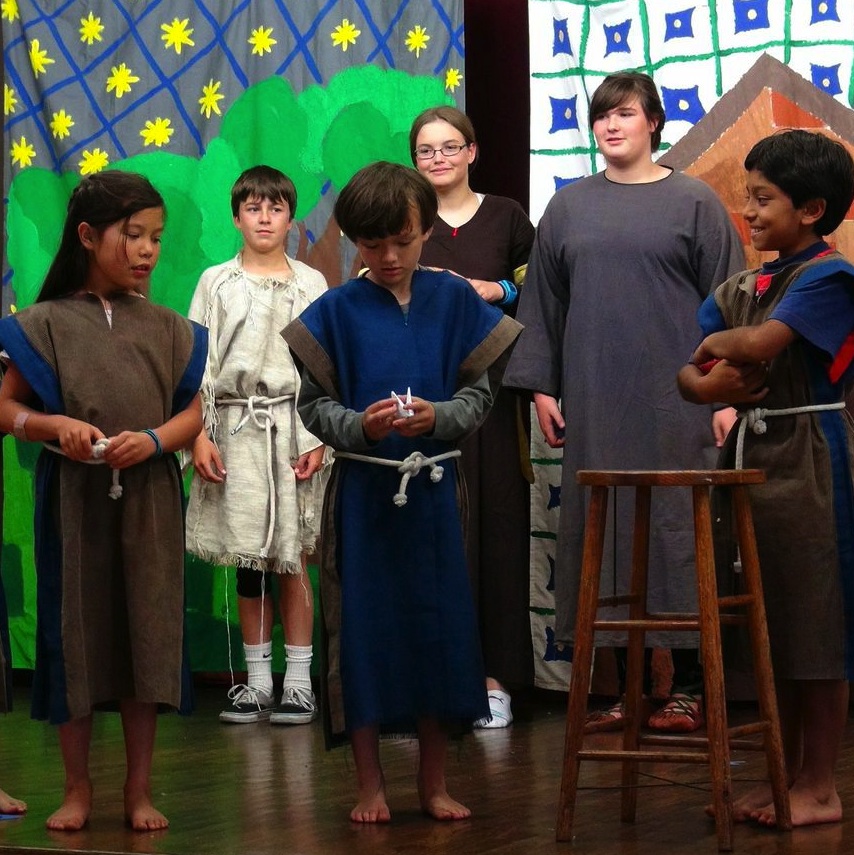 Most obviously, of course, they discover aspects of creative musicianship, such as improvisation, that are missing from mainstream classical music education. Students also are exposed to new musical vocabularies, from medieval modal scales to baroque figured bass, all of which expand a musician’s ears and make for a better player in any style.
Most obviously, of course, they discover aspects of creative musicianship, such as improvisation, that are missing from mainstream classical music education. Students also are exposed to new musical vocabularies, from medieval modal scales to baroque figured bass, all of which expand a musician’s ears and make for a better player in any style.
More deeply, Music Discovery creates a place where students are part of a community of creators. There’s a sense I often pick up at Music Discovery that some of the kids are finding their people-that they feel a sense of belonging and support here. In society at large, it’s rare enough even to be a consumer of the arts. If we want a world of creative thinkers, of people who know something about the past, about culture and ideas, we need kids who come together to do the arts hands-on. Kids are capable of engaging with really sophisticated material when they have the opportunity. Where else but Music Discovery, in the space of a few days, are they going to experience one-on-a-part chamber music, baroque opera, and centuries-old handicrafts?
It can be empowering for young people to discover themselves as carriers of a tradition that is much bigger than they are-to learn about some beautiful kind of music that is not widely known but that they can help keep alive.
What inspires me most of all is that I think historical awareness is a form of multicultural awareness. Most modern Americans, looking at an Italian Renaissance portrait, would likely see it as foreign and inferior: funny clothes, stiff posture. But if you’ve worn clothes like that, carried yourself in that elegant way, read the poetry and played the music that that centuries-dead person may have read and played-all the sorts of things we do at Music Discovery-you instead experience a kind of intimacy with the past. You can imagine other ways of living than your own. Kids and teens are naturals at making this kind of leap, and contacting history in this hands-on way is the best basis for imagining a more flexible, responsive future.
